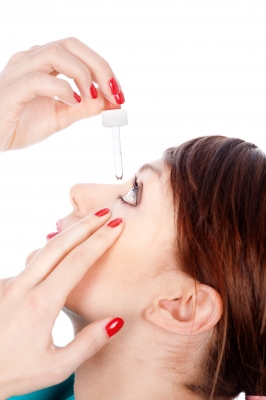Itchy, watery, red and swollen eyes accompanied with sneezing, coughing, and running noses can only mean one thing… spring allergy season is here. This year’s spring allergy season got off to an early start, and as WebMD shared earlier in the season, some doctors are seeing signs that allergy season “may be more miserable than usual this year.”
What’s the reason for this prediction? A false spring is partially to blame because it caused pollen levels to climb, dip, and then rise again. Stanley M. Fineman, MD, former president of the American College of Allergy, Asthma and Immunology who now practices in Atlanta, shares that the pollen pattern causes people who suffer with allergies to feel a “priming effect.” This is when patients are initially exposed to the allergens and then re-exposed after the dip and subsequential increase in pollen levels, causing patients to feel the effects even more because their bodies prepare to respond.
Allergies can make your patients feel horrible, especially when they feel the need to constantly rub their eyes or wipe tears away. However, there are a few ways you can help them combat the symptoms so they can enjoy the outdoors more comfortably. Below are some suggestions to offer to your patients:
- Take antihistamines, as they reduce itching sensations, as well as sneezing and sniffling
- Taking a decongestant can relieve swelling, as well as clear up redness by making blood vessels in the eyes smaller when used in the form of eye drops (All About Vision)
- For temporary relief, rinse eyes with cold water or apply a cold compress
- Wear sunglasses to help keep pollen and other allergens out of the eyes anytime you are outdoors
- Add foods to your diet that help fight off allergic reactions. Dr. Richard A. Norden, an ophthalmologist in New York, suggested the following foods in a CNN report: Fresh foods containing vitamin C such as citrus fruits; foods containing the bioflavonoid quercetin, which helps mediate the body’s inflammatory responses, like tomato, broccoli, and berries; and foods high in omega-3 fatty acids.
How are you helping your patients deal with spring eye allergies? Leave a comment to share your strategies with us.
Image 1 courtesy of Evgeni Dinev / FreeDigitalPhotos.net; Image 2 courtesy of marin / Freedigitalphotos.net

